Allow me to set a familiar scene. You’re sat at your desk, slumped a little lower than usual and allow your eyes to idly wonder anywhere but the computer screen that you should really be looking at. You’re tired, but not sleepy tired. You’re also bored, but not without plenty of things to be getting on with. You’re hungry, not for any real food but distracted by a craving for crisps and dip. Motivation levels are low.
You’ve tapped out, exhausted your Instagram feed and can’t think of anything worse than facing the straightforward email you’ve been ignoring for 45 minutes. The 4 o’clock slump has hit you hard and the prospect of getting through the rest of the working day with any semblance of productivity is completely out of the window.
READ MORE: Which Are The Best Natural Anti-Depressants?
Discover: Natural Anti Depressants
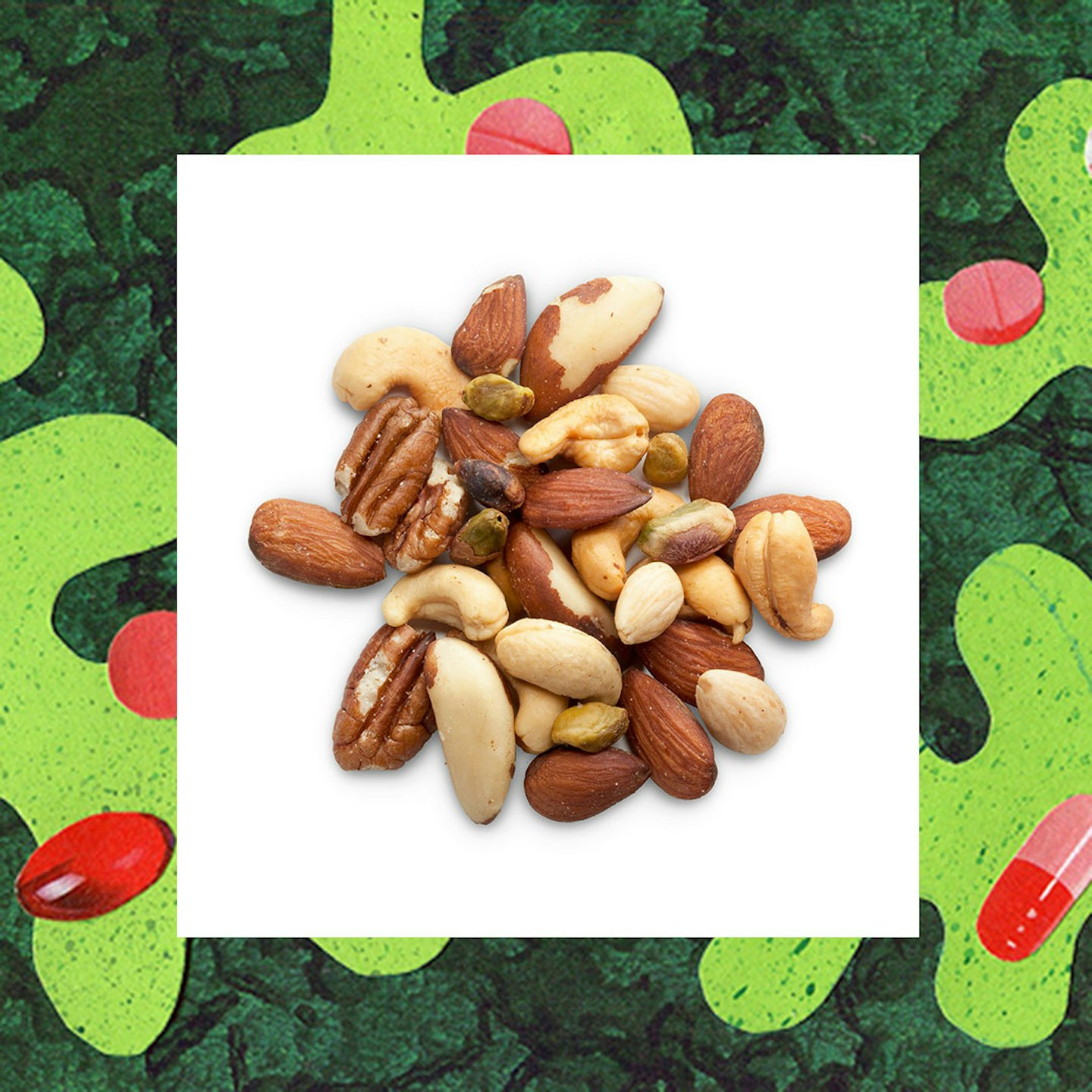 1 of 11
1 of 11Omega 3
Omega-3 fatty acids are essential minerals which reduce inflammation and are vital to brain functions such as mood and memory. Your body doesn't produce them naturally so you can only get them in you via food (like fish, nuts and seeds) or dietary supplements.
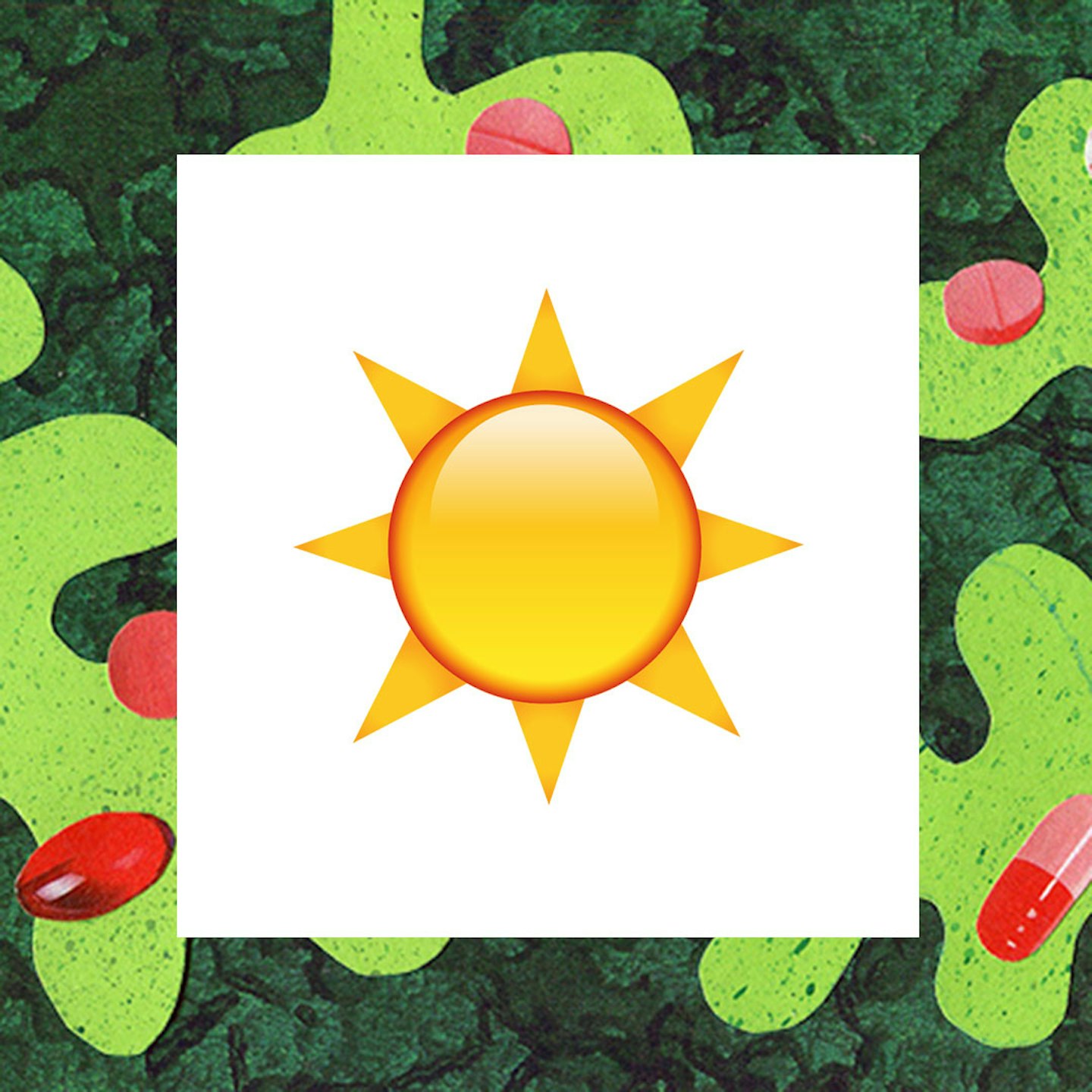 2 of 11
2 of 11Vitamin D
In addition to bone health, Vitamin D can play a vital role in the areas of the brain that are linked to the development of depression and other mental health problems.
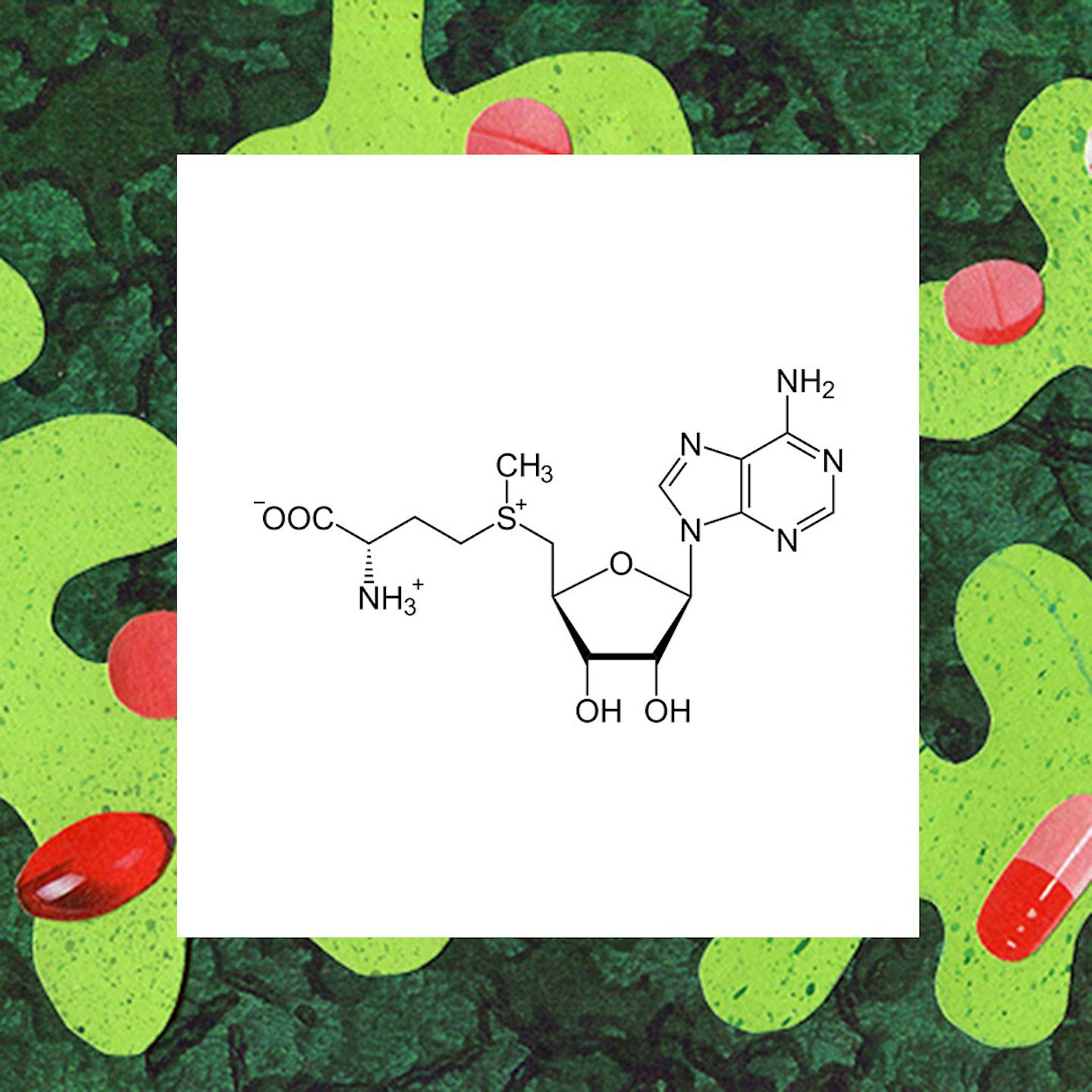 3 of 11
3 of 11S Adenosylemthionine
SAMeis a molecule that the body naturally forms and is available as a dietary supplement. In addition to depression and anxiety, it can be used for many other conditions including heart disease, fibromyalgia, tendonitis and many more. It is also recommended for PMS. It works by making sure that chemicals in the body that play a role in pain, depression, liver disease, and other conditions, actually do their job.
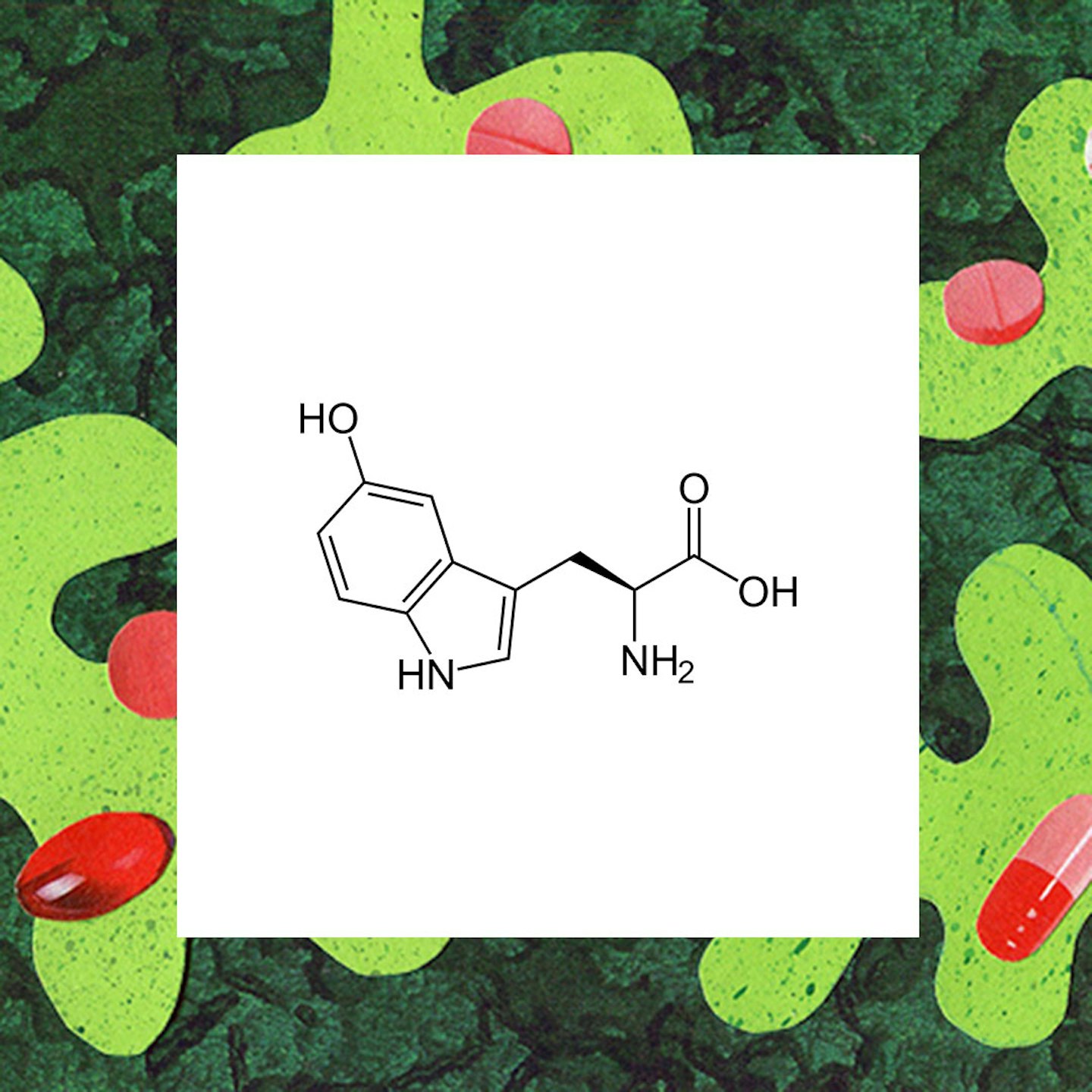 4 of 11
4 of 115-Hydroxytryptophan (5-HTP)
Like SAMe,5-HTP is also a chemical (an essential amino acid) that the body makes naturally. It works by helping to raise the serotonin (the happy hormone) levels in the brain. 5-HTP has been known to have a positive effect on sleep, mood, anxiety, appetite, and pain.
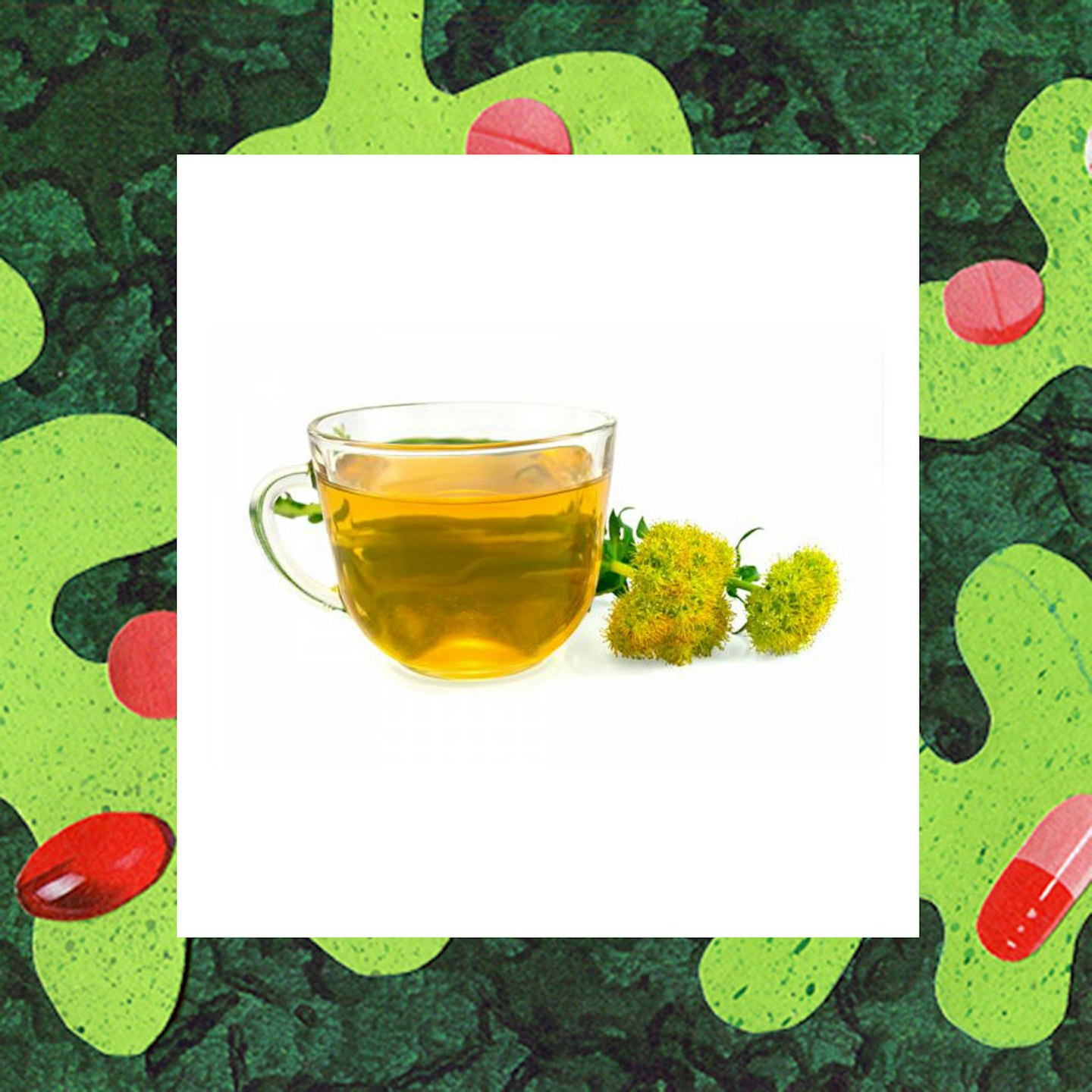 5 of 11
5 of 11Roseroot Herb
A study conducted on whether the Rhodiola Rosea (Roseroot) herb was effective for depression showed that it was almost as effective as the popular antidepressant, Sertraline (Zoloft), but with fewer side effects. The herb boasts strengthening the nervous system, fighting depression, enhancing the immune system and memory, elevating stamina, aiding in weight-loss and increasing sexual function.
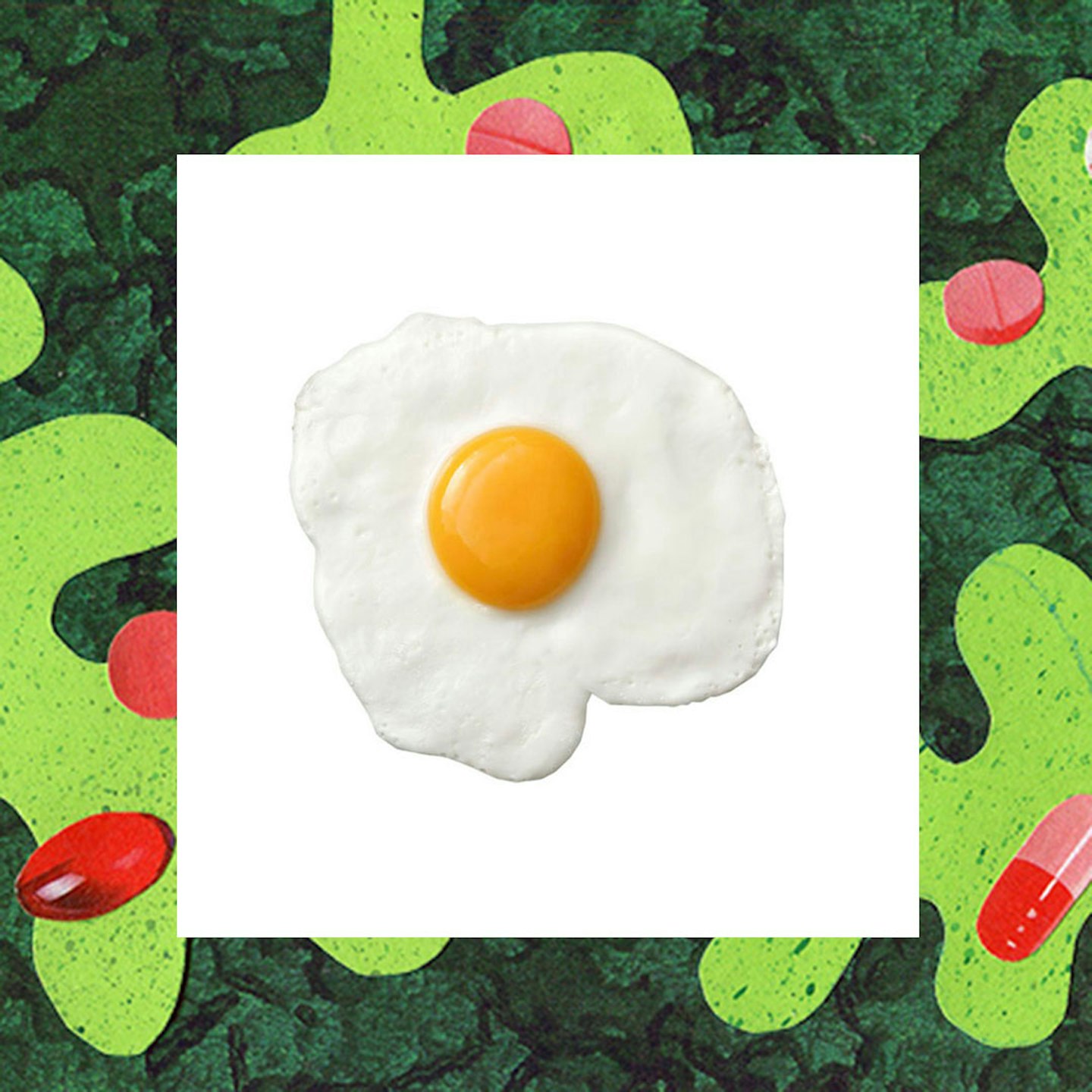 6 of 11
6 of 11Iron
A lot of adults, especially women, suffer from iron deficiency, and guess what? Iron deficiency symptoms are pretty similar to depression symptoms, i.e. fatigue, irritability, and foggy brain. The recommended daily iron allowance in adults is roughly 8 to 18 mg daily (check with your doctor though because everyone's number is different).
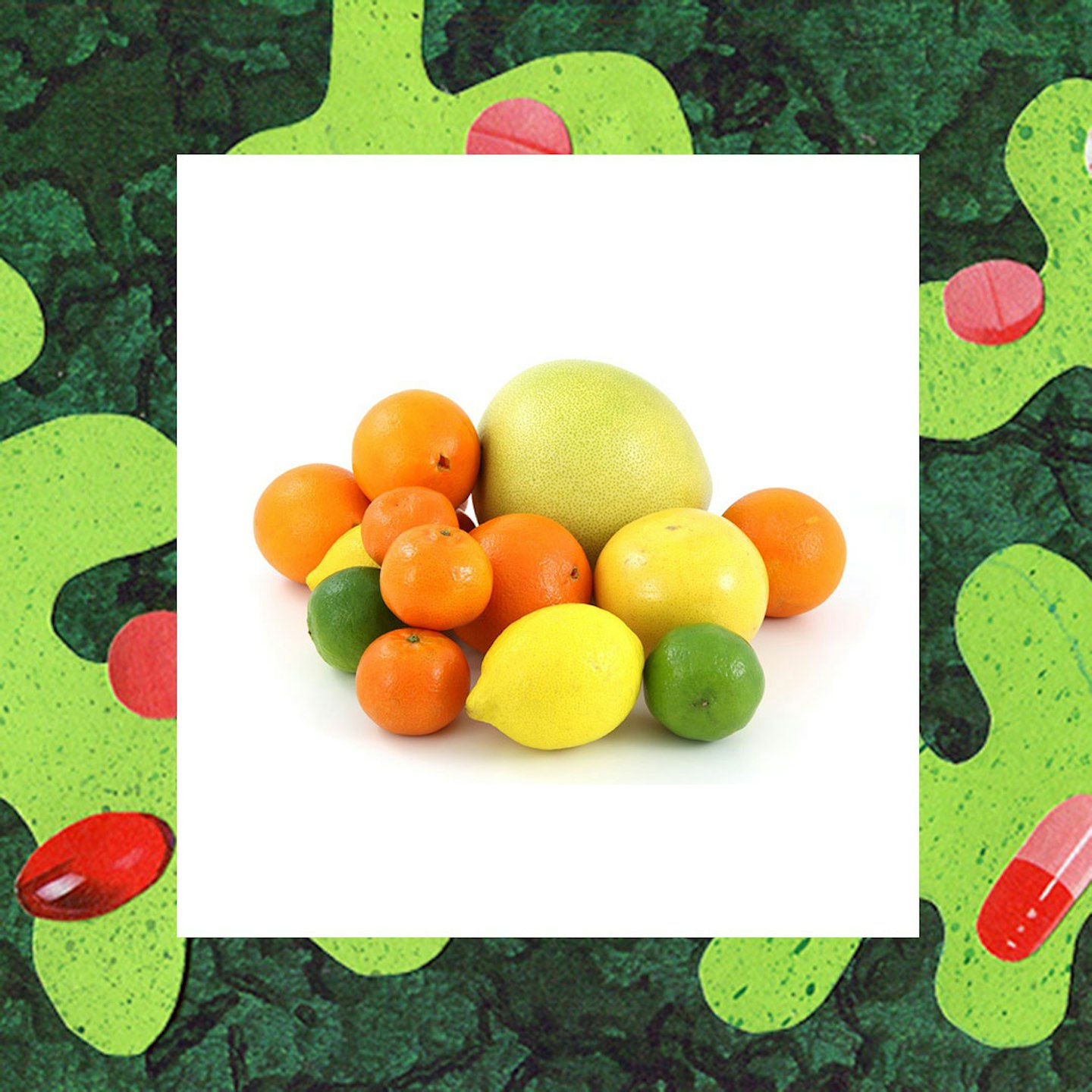 7 of 11
7 of 11Folate
If you don't have enough folate, antidepressants may not work. Some docs prescribe folate along with antidepressants to treat depression and improve the effectiveness the medication. Most adults need at least 0.4mg daily, which you can though food including dark leafy greens, beans and citrus fruit, or as a supplement.
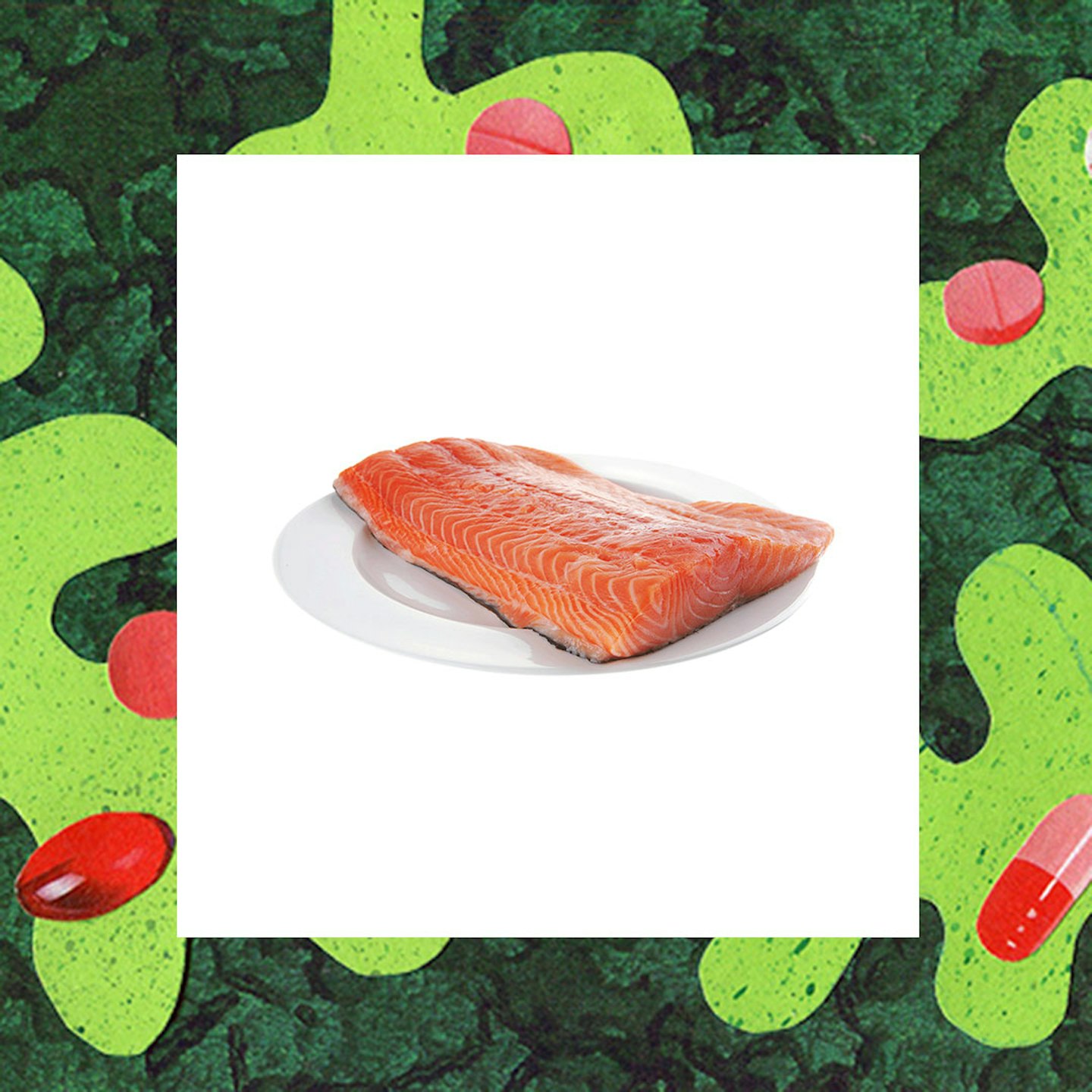 8 of 11
8 of 11B12
Vitamin B-12 and other B vitamins can play a role in producing mood-affecting brain chemicals and low levels of these may be linked to depression. If you have a poor diet and the body can not absorb enough B vits, your mood can be severely affected. Getting a blood test will determine how much of the B goodness you have in your system, and whether you need to stock up. B vitamins are found in animal products like milk, fish, meat and eggs, so if you are a vegan, you should definitely be getting your B's from dietary supplements and vitamins.
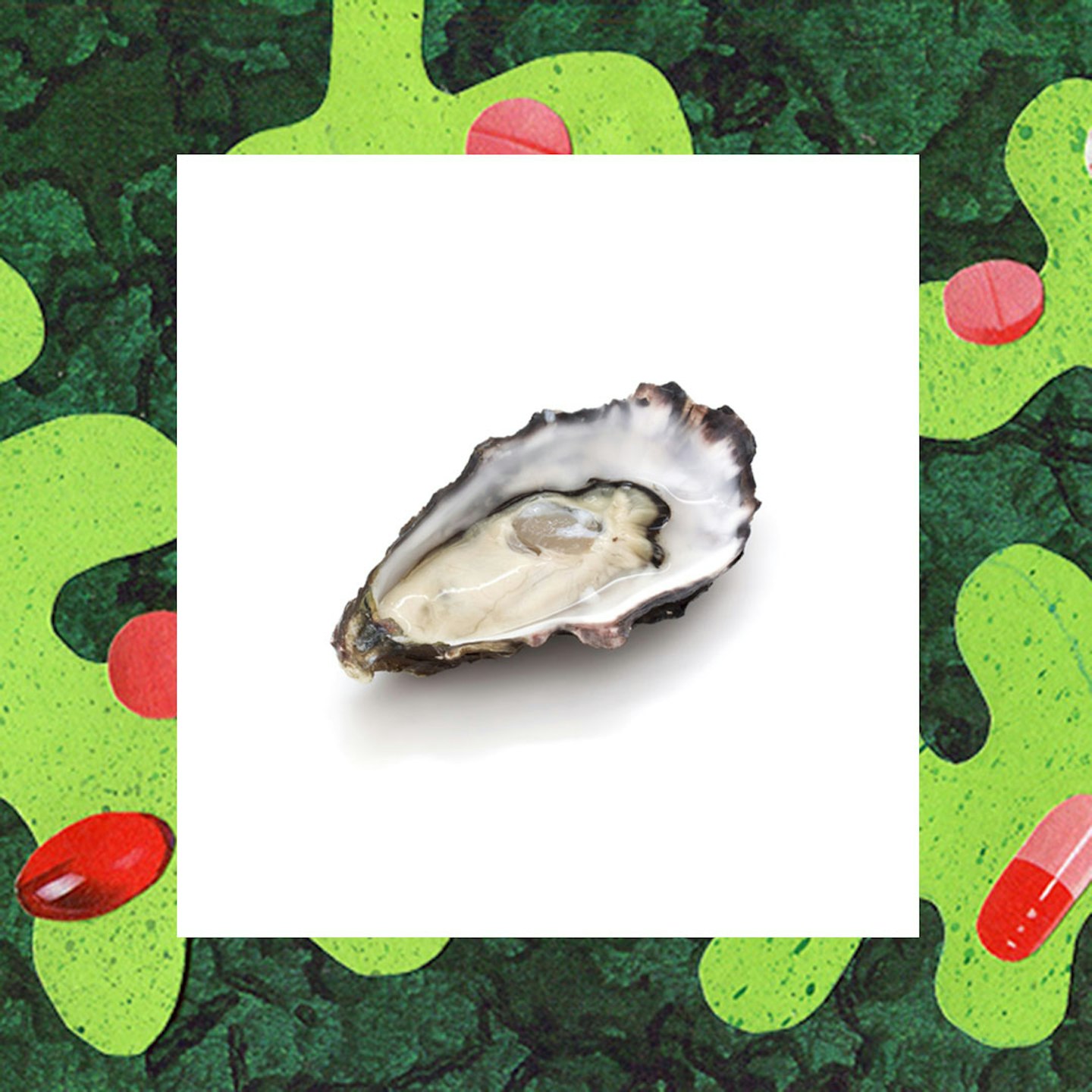 9 of 11
9 of 11Zinc
Zinc is crucial to our system as it activates our digestive enzymes breaking down food, and helps prevent food allergies, which can avert depression. It also helps our DNA to produce and repair proteins, control inflammation and boost our immune system.
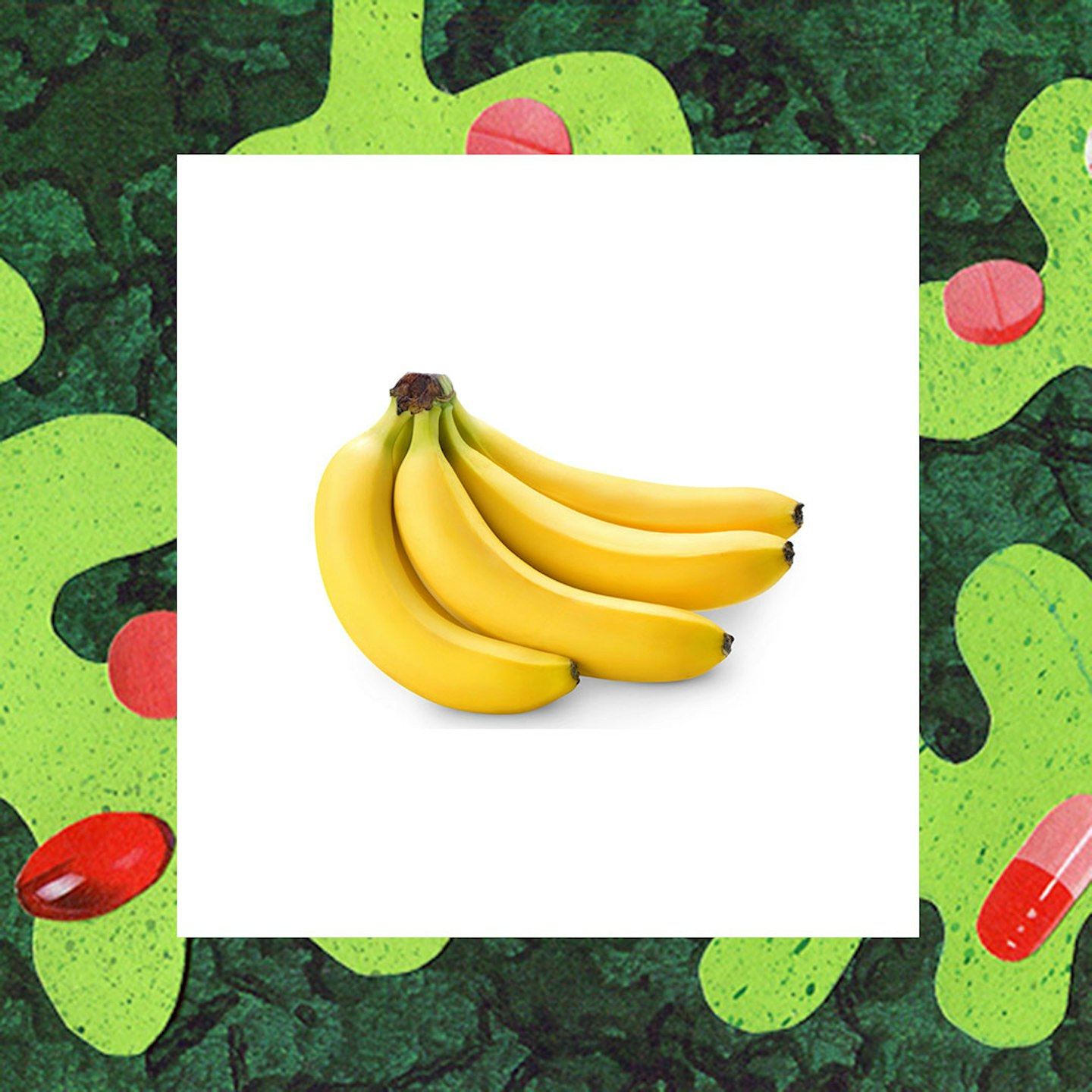 10 of 11
10 of 11Tryptophan
Tryptophan is an essential amino acid which you get through food such as bananas, tamarind, oats, sesame seeds, kiwi and watermelon. Once in the body, it converts to niacin, serotonin and melatonin. Most antidepressants work by increasing the amount of serotonin in the brain and Tryptophan helps to increase serotonin levelswithout the extreme side effects of meds.
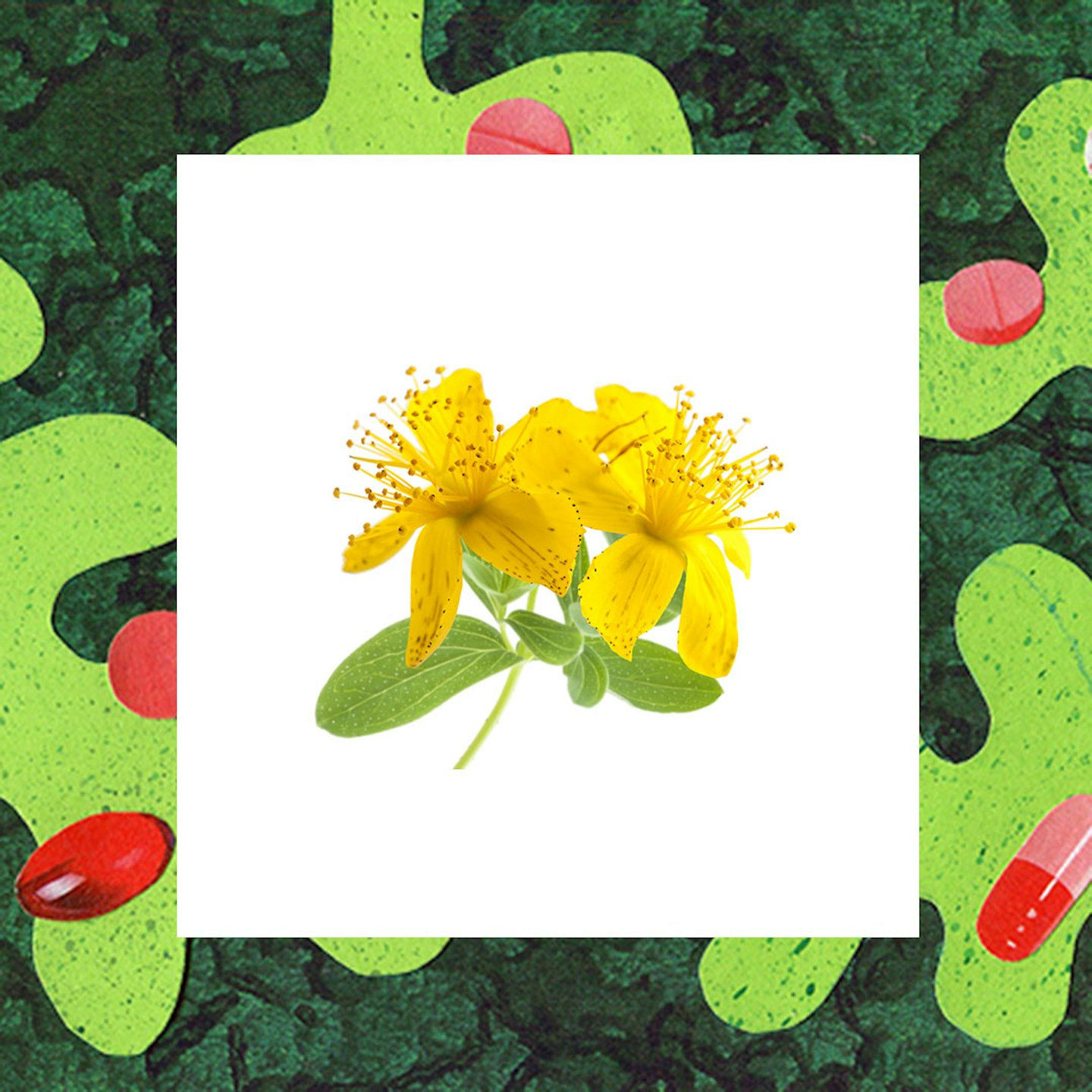 11 of 11
11 of 11St John Wort
St John's Wort has been around for yonks and is one of the most popular natural methods used for dealing with stress, anxiety and depression. It's a plant with yellow flowers. There has been some scientific evidence that St. John's wort may be helpful in treating mild depression. It's been claimed that it works just like regular antidepressants in that it inhibits the reuptake of the neurotransmitters serotonin, norepinephrine, and dopamine.
We’ve all been there. In fact, you’re probably there right now as you desperately try to procrastinate away those last couple of hours in the office. And the thing is, it happens most days. But the 4pm slump stops here my lethargic friends. Forget the emergency chocolate bars and unnecessary extra coffees, here’s how to power through like a pro.
Get Up, Get Out
It might sound counterproductive to physically leave the work you’ve been putting off for a couple of hours but going outside for a bit will do you some good. Distance yourself from whatever you’ve not been able to finish and get some good old fashioned fresh air. Go sit outside in the sun (if you can find it) for 10 minutes or so – it’ll wake up your brain.
Power To The Protein
The temptation to carb-load is very strong, but having an unhelpfully heavy lunch (with the intention of getting you through to dinner in one piece) might be slowing you down come 4 o’clock. What you wanna do is up your protein intake at lunch so it better matches your carbs. This’ll help stop those dramatic peaks and falls in your blood sugar levels that keep throwing you out of whack.
Minty Fresh
Word on the internet is that peppermint is super energising. Instead of reaching for another cup of that shit instant coffee, go for a cup of peppermint tea. Mint is a well known energy booster in the world of essential oils so why not even get yourself a little bottle of the good stuff to massage into your temples in the afternoon. Or, better yet, pop some drops in one of those cool humidifiers and give everyone you sit with a boost of minty freshness.
Embrace The Small Talk
If you're going to be distracting, you may as well get some sort of benefit from that idle chit chat. When you start to notice your eyes glazing over, get up and away from your desk (noticing a pattern here?) and go and talk to someone. No, not about meaningless rubbish but about whatever it is you're stuck on/avoiding getting done. Talking it out takes the issue out of your head and into the real world. Also, having a bit of a chat is a sneaky way to make yourself feel like you're having a break when actually you're being low-key productive.
Restrict The Faff
Sometimes there's no point trying to pretend that you're not stuck in an energyless rut. Instead of pouring over the same email for an hour, or typing (and retyping) the same two sentences for the sake of feeling like you're doing something, embrace the slump and zone TF out for a bit. Everyone's brain needs some downtime every now and again and it could be better for your production and motivation levels in the long run, just allocate yourself a fixed amount of downtime and stick to it. Don't just sit in front of your desk scrolling through Facebook memes, though. Go sit somewhere else or turn off all of your screens for a few minutes before jumping back in.
**Follow Jazmin on Instagram **@JazKopotsha
This article originally appeared on The Debrief.
